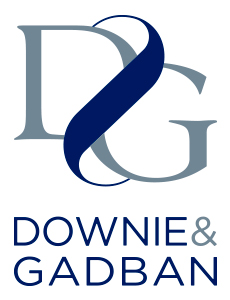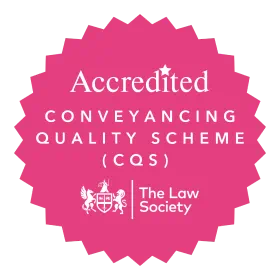If a professional such as a solicitor, barrister, architect, financial advisor or accountant has failed to perform to the standards expected of them and you have suffered a financial loss as a result, you may be able to bring a professional negligence claim for compensation. Our specialist professional negligence solicitor is a member of the Professional Negligence Lawyers Association, giving you the confidence that you will receive expert advice on how to progress any claim.
Acting early is often vital, because professional negligence claims must be brought within a defined timeframe. When you need urgent action, we are quick and decisive. Where strategic input is required, we will give you pragmatic solutions to avoid a dispute or mitigate risk with legal advice that is clear, concise and delivered in plain English.
We are highly experienced in this specialist area, having been involved in numerous successful cases. Professional negligence can be a potential minefield, but we will assist and guide you in securing an optimal outcome.
Claims in professional negligence are based on one or more of the following legal causes of action:
- Breach of contract
- Breach of duty of care in tort of negligence
- Breach of fiduciary duty
- Breach of statutory duty
Establishing negligence alone is not enough to bring a claim. It is vital to show that the professional’s negligence has caused you a financial loss. A professional may have acted negligently, but if their actions or advice did not cause any loss then a claim will not succeed. We will be able to assist you to determine whether you have a potential claim from the outset. We will also provide clear advice on the cost of bringing any claim, including ways of funding a professional negligence claim.
CONTACT US
If you wish to discuss a case with us, please contact our professional negligence specialist, solicitor Mark Robertson, on 01420 81270 or fill in the form below.
Most professionals belong to industry bodies that require them to have professional indemnity insurance as a condition of their practice. This means that, should liability be established, you will be able to recover some or all of your loss, as well as the bulk of any legal costs incurred in bringing the claim.
We have experience in bringing successful claims against the following professionals:
- Accountants
- Architects
- Barristers
- Financial Advisors
- Solicitors
- Surveyors
Please see below for more details of each particular profession:











